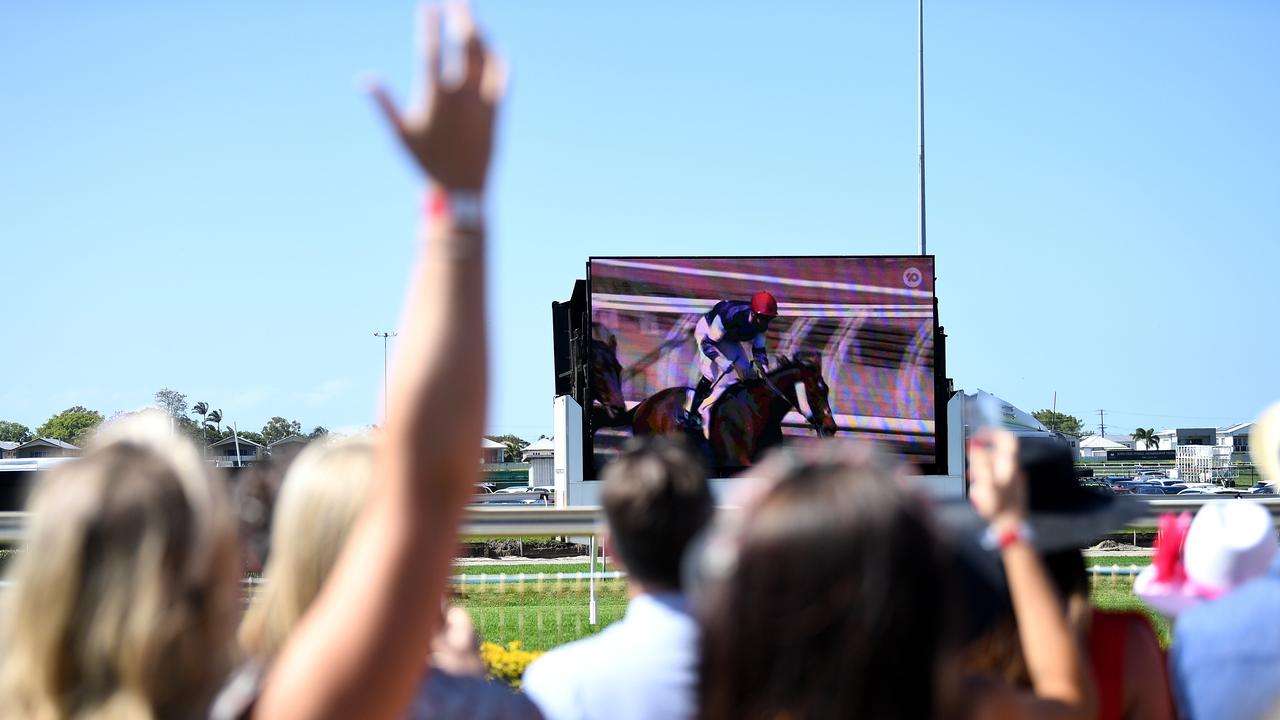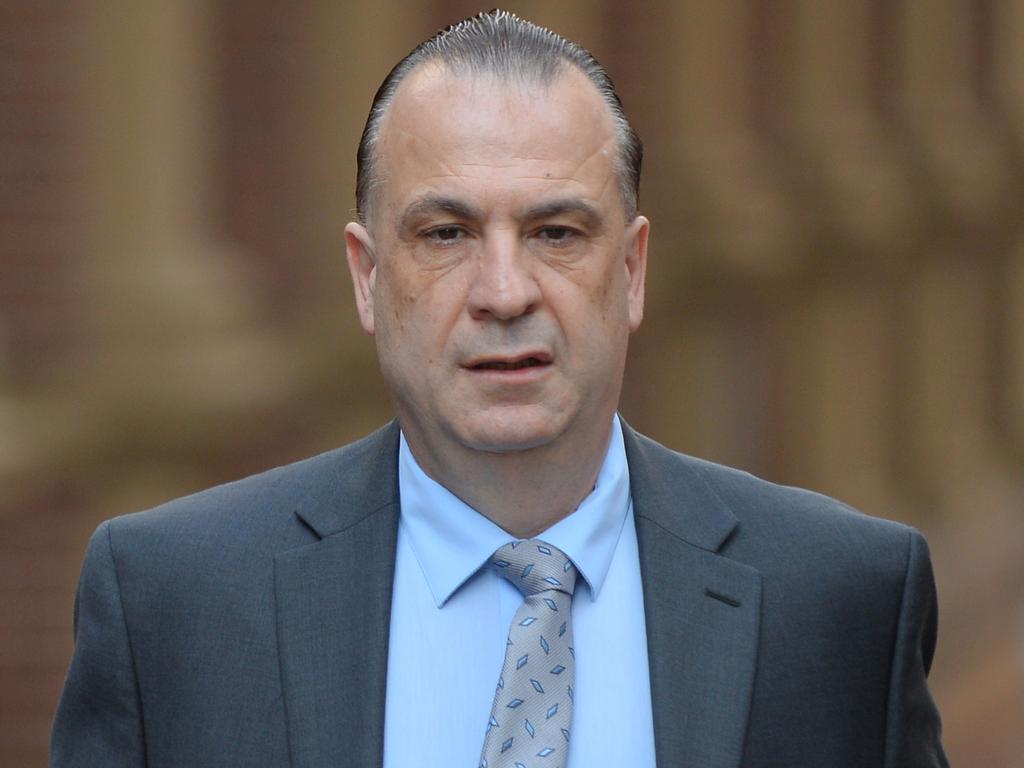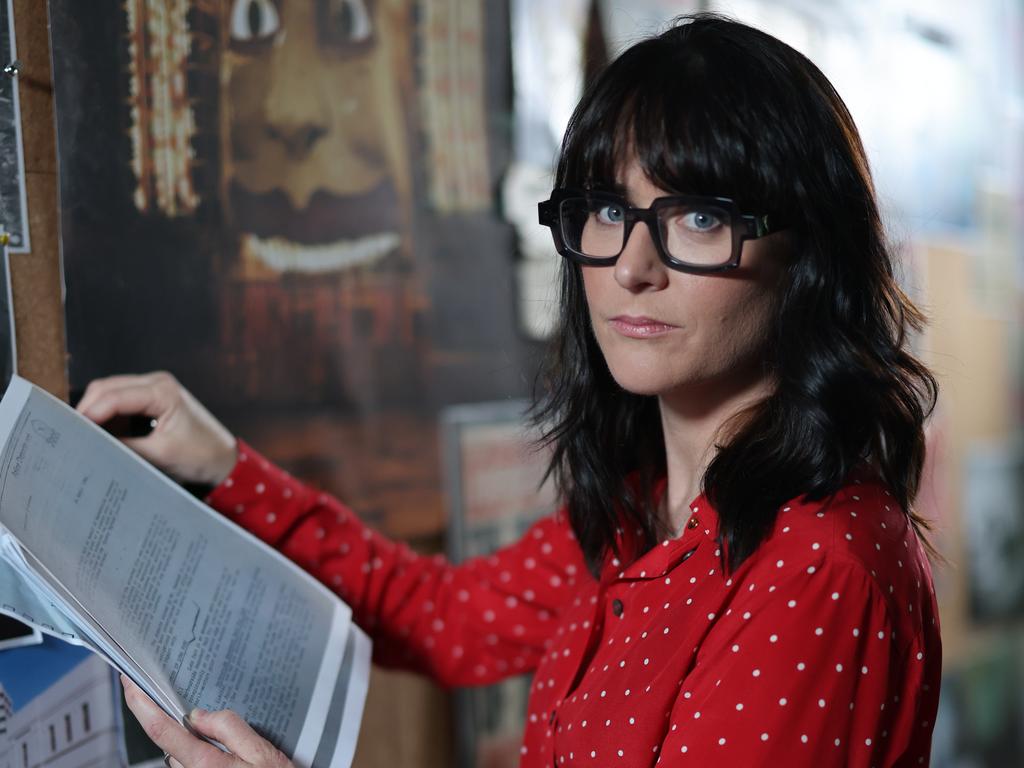Racing boss Peter V’landys loses defamation case against ABC
Racing boss Peter V’landys has lost his case against the ABC over a program that spliced his interview with graphic footage of horses being slaughtered.

Racing boss Peter V’landys has lost his defamation case against the ABC over an investigation aired on 7.30 about the cruel slaughter of retired thoroughbred racehorses.
The Racing NSW chief executive was saddled with the ABC’s court costs on Friday afternoon as his lawsuit was dismissed by Federal Court Justice Michael Wigney.
The program portrayed Mr V’landys in a negative light and made his assertions look “foolish”, the judge found, but it did not defame him as someone who callously allowed horses to be killed.
The Final Race program, aired on October 17, 2019, featured shocking footage of distressed horses being mistreated and killed at the Meramist abbatoir north of Brisbane.
A recorded interview with Mr V’landys was juxtaposed with the graphic footage and comments from industry critics throughout.

Central to Mr V’landys’ case was the fact investigative journalist Caro Meldrum-Hanna and the program’s producers did not show him the bombshell footage prior to his interview.
The Australian Rugby League Commission chairman said the program falsely portrayed him as someone who callously permitted the slaughter of horses and was indifferent to the cruelty meted out at the abattoir.
Mr V’landys had also argued the program painted him as dishonestly asserting horses were not being sent to slaughter in NSW.
Justice Wigney ruled the program did not convey those things about Mr V’landys and it instead suggested regulators were “asleep at the wheel”.
The impression overall was not that regulators knowingly permitted such cruelty, but rather the rules in place to stop it were ineffective and “unscrupulous operators” were exploiting the system, the judge said.
In his 55-page judgment Justice Wigney said the “real villains” targeted by 7.30 were “the individuals who operated, worked at, or were associated with the abattoirs and knackeries which featured”.
He found the ordinary viewer would have known Mr V’landys had not seen the graphic footage based on hypothetical questions such as “If this is happening, what is your response?”
The weaving together of interview and abbattoir footage made Mr V’landys’ comments that NSW horses were not being slaughtered appear “somewhat naive, misplaced and perhaps even foolish” but it did not suggest they were dishonest, he found.

Mr V’landys also argued the ABC and Ms Meldrum-Hanna acted dishonestly and deceitfully by not telling him about the footage.
Again Justice Wigney was unconvinced, though said he understood why Mr V’landys felt aggrieved he had not been made aware of the footage.
“There could be little doubt that he, like any fair and right-minded person, would have roundly condemned the cruelty depicted in the footage,” he said.
“He was not afforded the opportunity to do so.”
The judge also said he could see why Mr V’landys would be upset about how it was deployed, in a “perhaps overly dramatic and sensationalist way”.
But on the whole, he found, the evidence did not stack up to a finding of dishonesty or deceitfulness.




